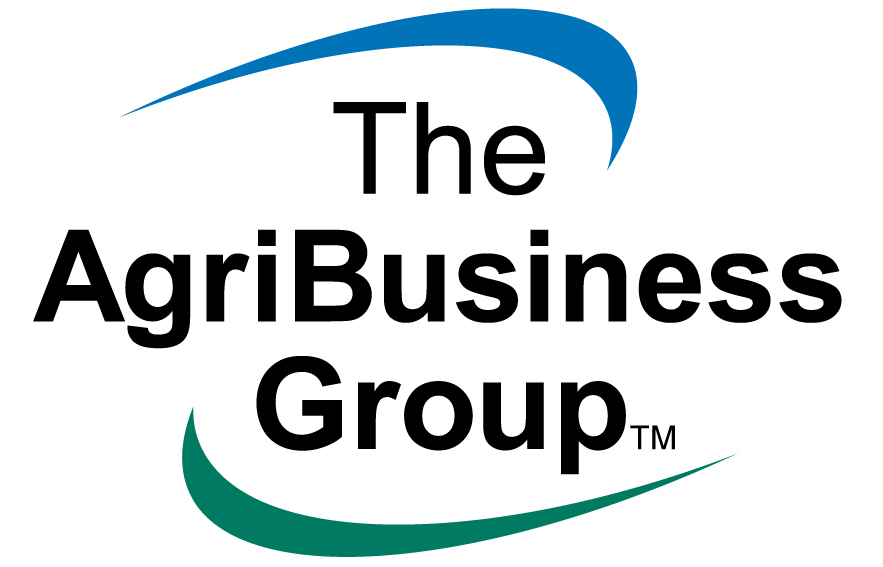Jay Whitehead is researching how the societal concern in biodiversity issues is changing over time. A better understanding of these trends will help governments and businesses to respond more quickly to society’s needs and formulate future-oriented policy.
Read MoreA recently published white paper proposes a framework to better understand the potential of regenerative farming for New Zealand. What are the key priority research areas and how do we undertake research that encourages system change?
Read MoreClimate change is the biggest environmental challenge of our time. Global warming has already significant ecological impacts with major social and economic consequences. Primary sectors in New Zealand are increasingly looking at how climate change could affects them. The AgriBusiness Group has been helping sectors to understand their climate change impacts through measuring emissions, with the kiwifruit industry being the latest example.
Read MoreWhen it comes to sustainability targets or limits such as nutrients, biodiversity or water, how important is it to farmers that these targets are set fairly? And what exactly means ‘fair’ in this context? Jay Whitehead explored the question of fairness and finds some insightful and far reaching answers.
Read MoreMāori are experiencing a significant decline in home ownership. Jay Whitehead used the data from the Christchurch Health and Development Study cohort to determine the variables that influence home ownership.
Read MoreThe AgriBusiness Group consultants have adapted the knowledge gained from fifteen years of research into developing a sustainability assessment tool that assists producers to demonstrate their system operates sustainably and so meets the provenance requirements of our high-value customers.
Read MoreMany sustainability initiatives are failing to maximise value to the business, the environment, and society that could be produced. A robust analysis of strategic priorities using the latest scientific and market data can significantly enhance the impact of a business’s sustainability actions.
Read MoreThe advancement of technology in corporate sustainability assessment and reporting has led to a new wave of business sustainability and opened up innovative ideas and new opportunities to strategic decision-making and communication.
Read MoreThe fundamental purpose of sustainability assessment is to improve sustainability. However, assessment alone does not by itself lead to change. There are multiple factors that influence the success of any initiative in terms of its ability to create change.
Read MoreThe New Zealand Sustainability Dashboard Project was concluded last year. Read our final report to learn about our insights into sustainability assessment and reporting.
Read More









